Newsletter 2024/25 Edition 11
Welcome to Term 2.2! The energy on campus was palpable this morning as students returned with bright smiles and renewed enthusiasm. Seeing them making the most of the improved air quality during their playground activities was particularly delightful.



